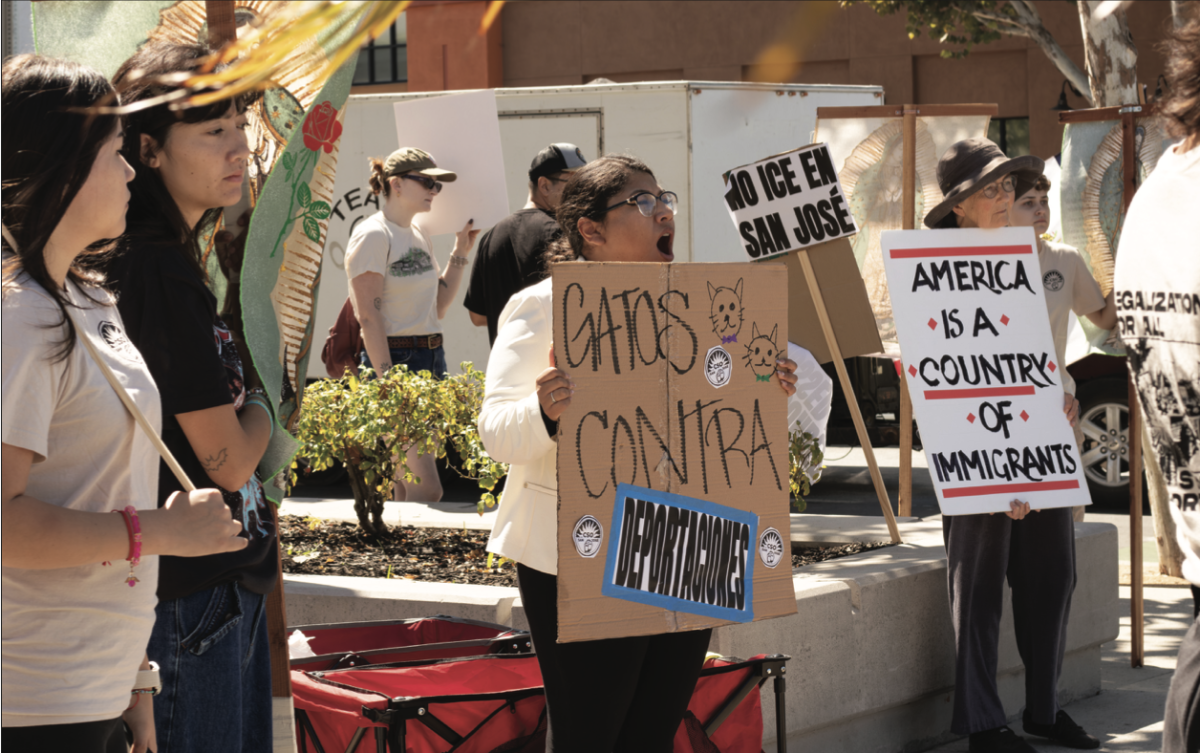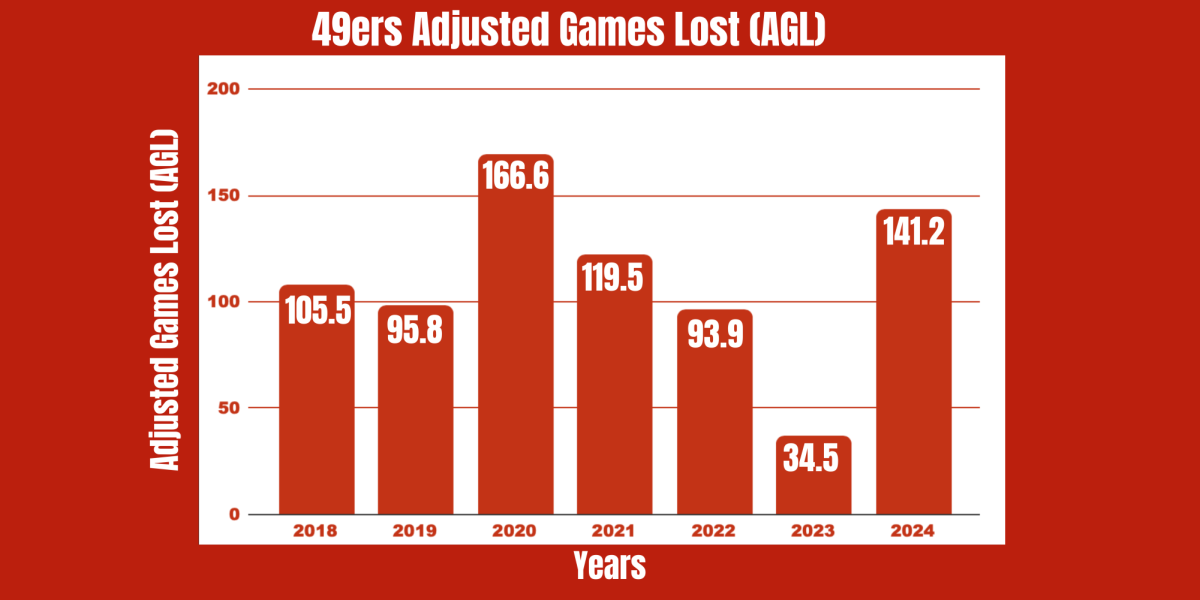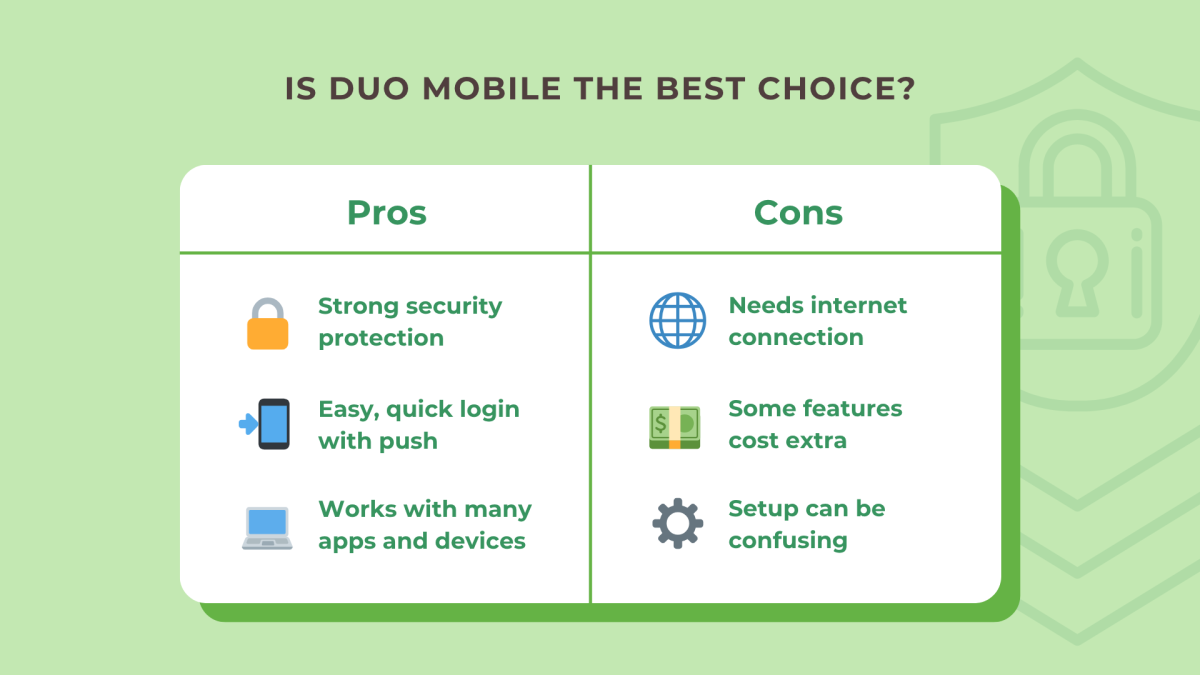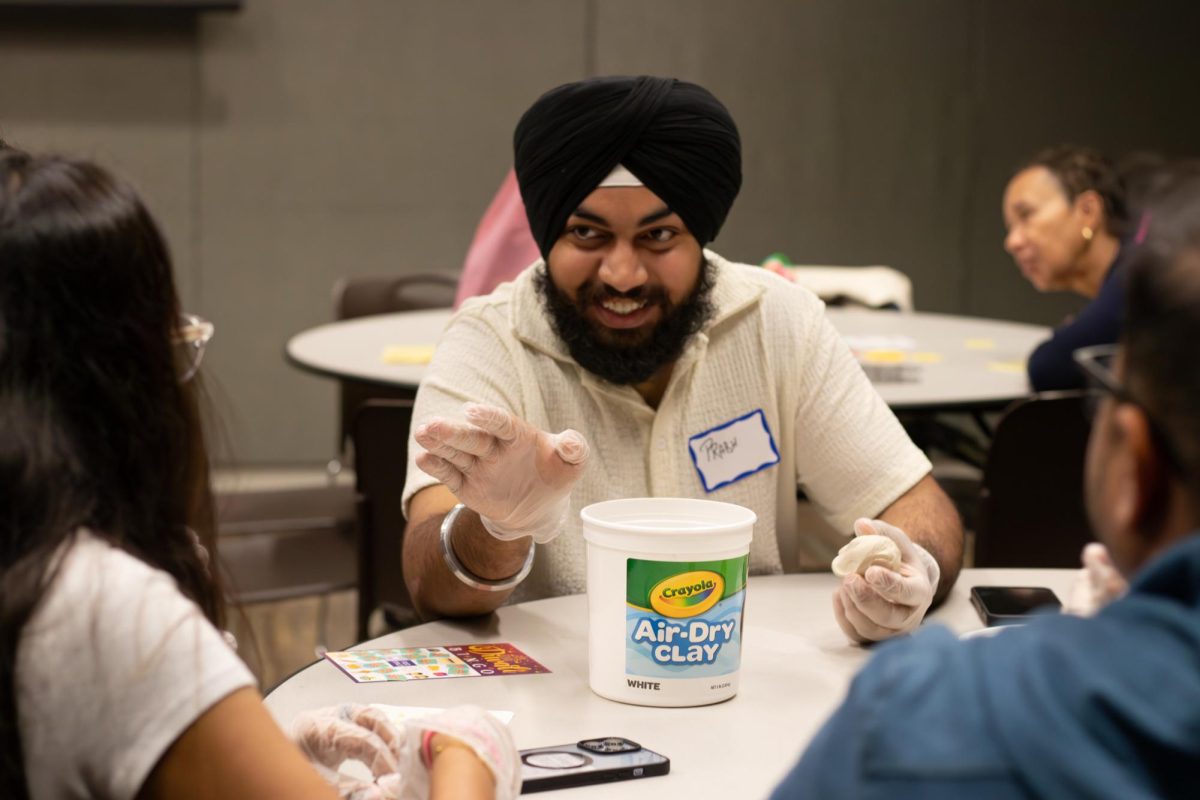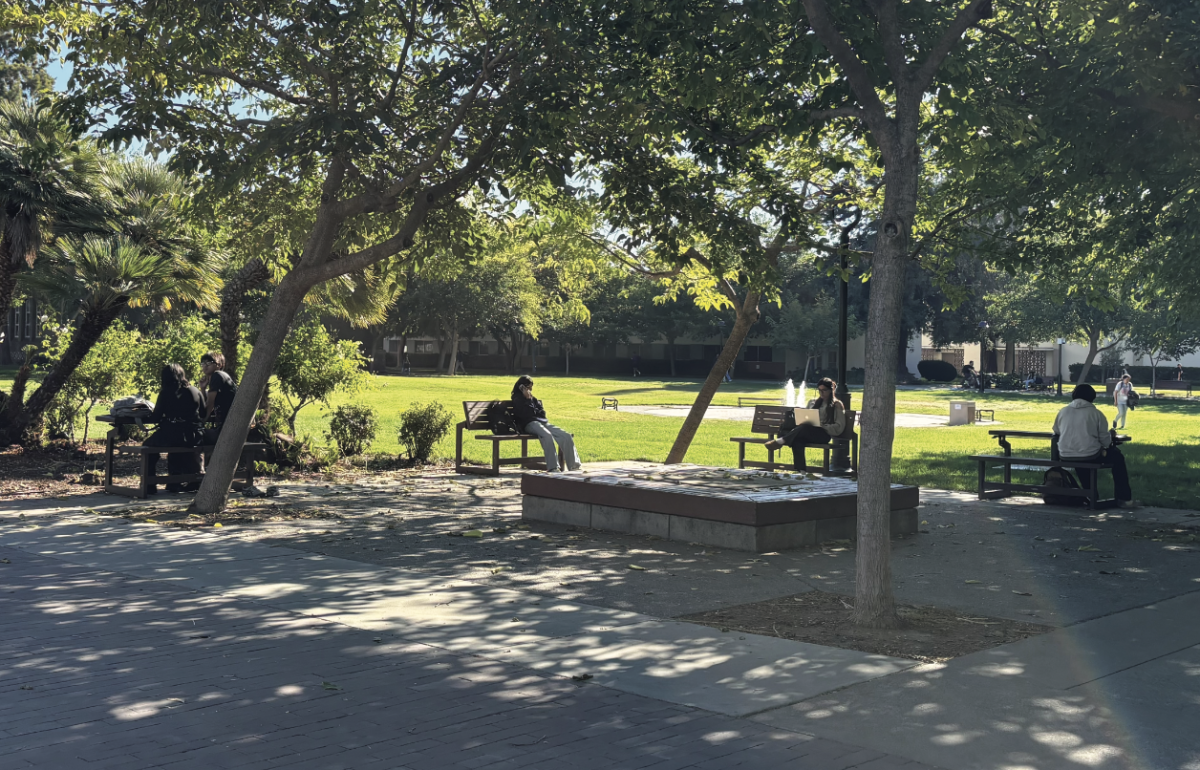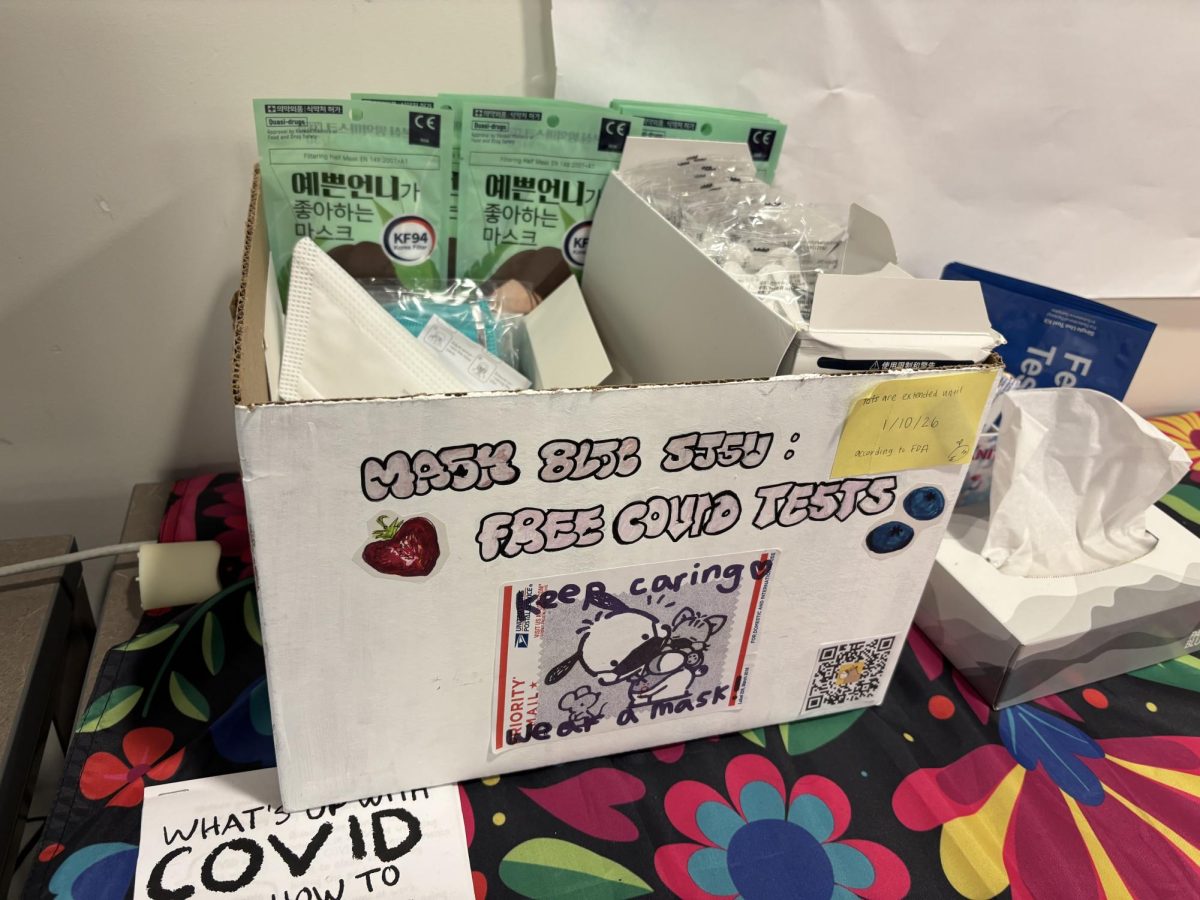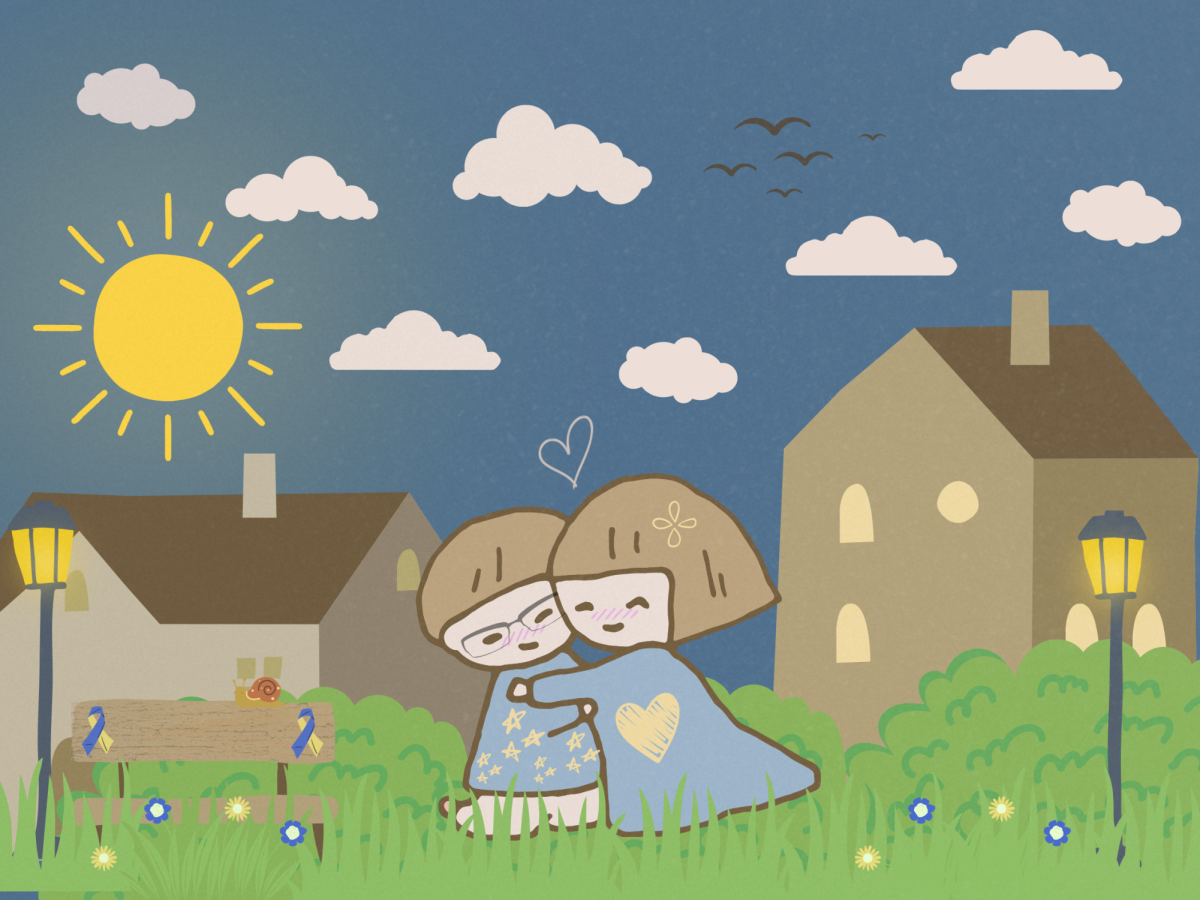As the flu and cold season begins, the newest COVID-19 is causing scratchy sore throats for many people in the Bay Area.
The XFG variant is a descendent from the Omicron variant in 2021. It has been reported that this variant causes hoarse and scratchy throats, according to an August 8 article from KQED.
The XFG strain was first detected in Southeast Asia in January and listed an overall risk evaluation as low, according to a June 25 World Health Organization risk assessment report.
COVID-19 levels have gone up and seen a spike in wastewater with trends now decreasing, according to the California Department of Public Health California Surveillance of Wastewaters Network webpage.
Anji Buckner, an assistant professor of public health at San José State, said while COVID rates are decreasing, it doesn’t stop the spread.
“While we’re in a moment of a decrease in our COVID rates, it doesn’t necessarily mean it’s time to let our guards down,” Buckner said.“This is a time where we really focus on primary prevention practices.”
The Student Wellness Center advises washing hands with soap frequently for 20 seconds, avoiding close contact with sick people, avoiding touching your face with unwashed hands, and wearing a mask in crowded spaces, according to the Student Wellness Center webpage.
Mask Bloc SJSU is a student organization distributing free masks and COVID-19 tests for the SJSU community.
Ariana Leung, a fourth-year molecular biology student and treasurer of Mask Bloc SJSU, said they wanted students to have access to supplies.
“We felt a need for students to have access to COVID supplies because we didn’t really see that happening on campus, and we were just kind of desperate to foster a COVID-safe community to have more,” Leung said.
Mask Bloc SJSU distributes free masks and COVID antigen tests around campus, according to Mask Bloc SJSU.
“We would like to see people taking care of themselves in ways that don’t continue to spread the diseases that are infectious and that are going around, and so that means masking when you are in public,” Buckner said
Emily Datta, an animation and illustration student and president of Mask Bloc SJSU, said they are trying to fill the reduction of resources the school is not providing.
“We’re fulfilling a need that isn’t being met already by the school and we believe it should be being met by the school,” Datta said.
They offer N95, KN95, and KN100 face masks with Advin Biotech COVID tests, according to the Mask Bloc SJSU Inventory.
Catherine Voss Plaxton, associate vice president of Health, Wellness and Student Services, said that the virus is now considered endemic, meaning practices aren’t done the same way.
“We do have a season which usually starts November-ish, and we get guidance from this county that we do have to wear masks in this building in order to protect students from transmission of viruses that may come in,”
The classification of it being endemic, means it is a constant presence rather than an outbreak, according to an August 28, 2024 article from Harvard.
“It’s a matter of we’re living with this infectious disease and we all need to take the precautions that we feel comfortable taking to protect ourselves individually,” Buckner said. “But also to protect the communities and groups of people that we are living and working with.”
The Santa Clara Public Health Department recommends vaccinations for adults older than 18 with increased risk factors and anyone who is in close contact with people with risk factors, according to the Santa Clara Public Health webpage.
Recommendations to prevent the spread of COVID-19 are to wash hands frequently, cover coughs and sneezes and stay home if sick to reduce transmissions, according to a California Department of Public Heath report.
“Now that we are out of the COVID-19 endemic proper, we have a small out-of-pocket fee of $7,” Plaxton said. “We make sure that students get the tests they need to understand what is happening with them and how to take care of themselves.”
Although tests are available for students, COVID-19 vaccines are not, according to Plaxton.
The last updated information regarding on-campus worksite cases was from Jan. 24 of this year, according to the SJSU COVID-19 Dashboard page of the Health Advisories website.
“It’s primarily used as a way to track cases on campus that employees might be exposed to,” Plaxton said.
Although the Student Wellness team has no control over what the Health Advisories website says, Plaxton said there are still ways to send messages regarding health.

